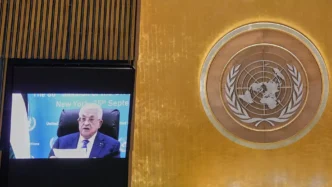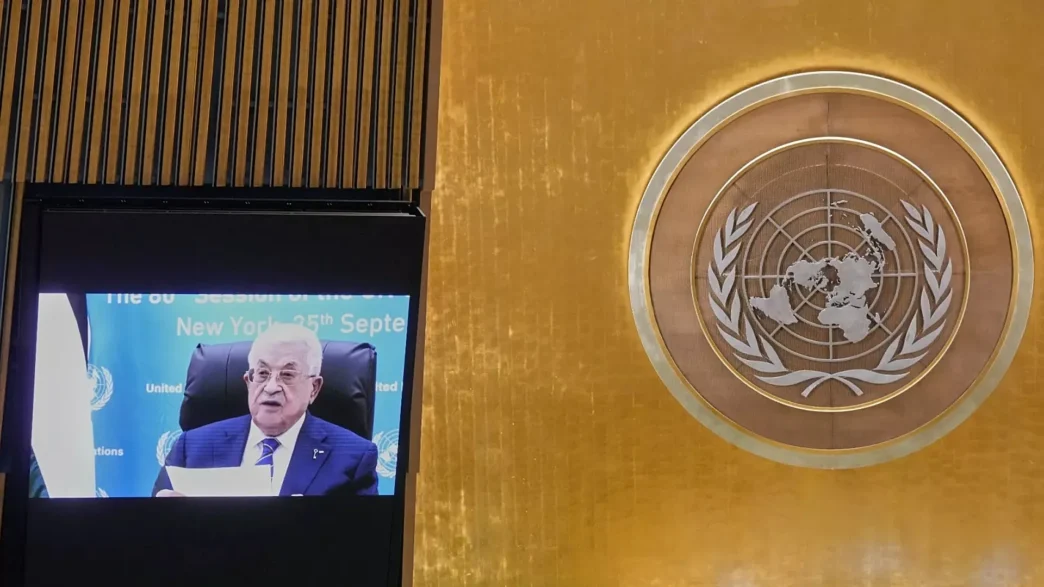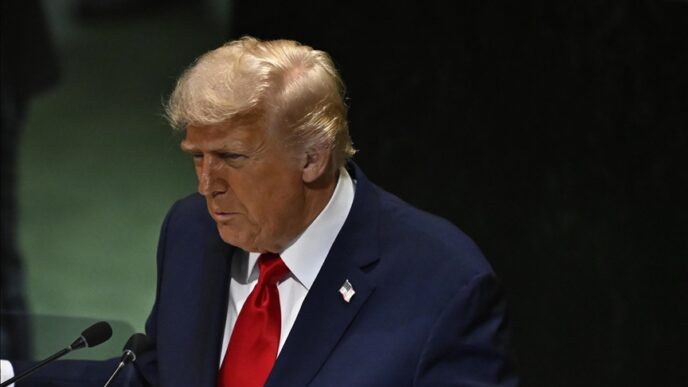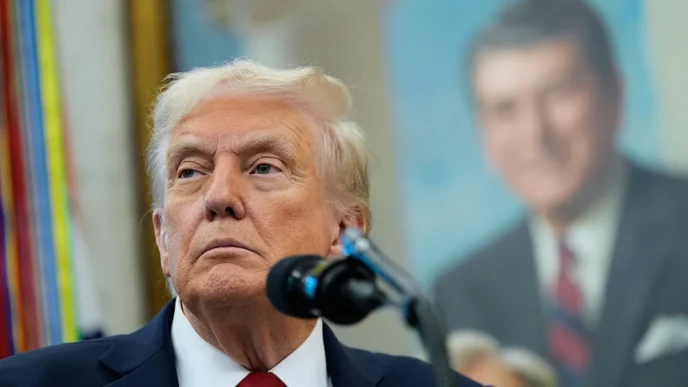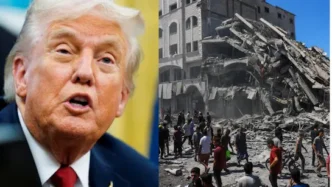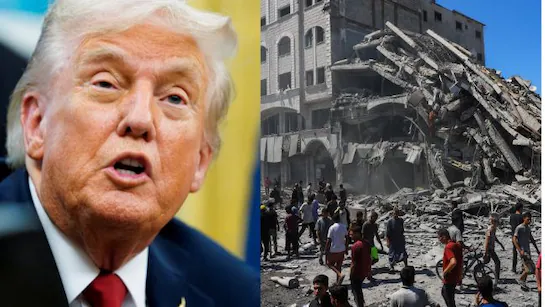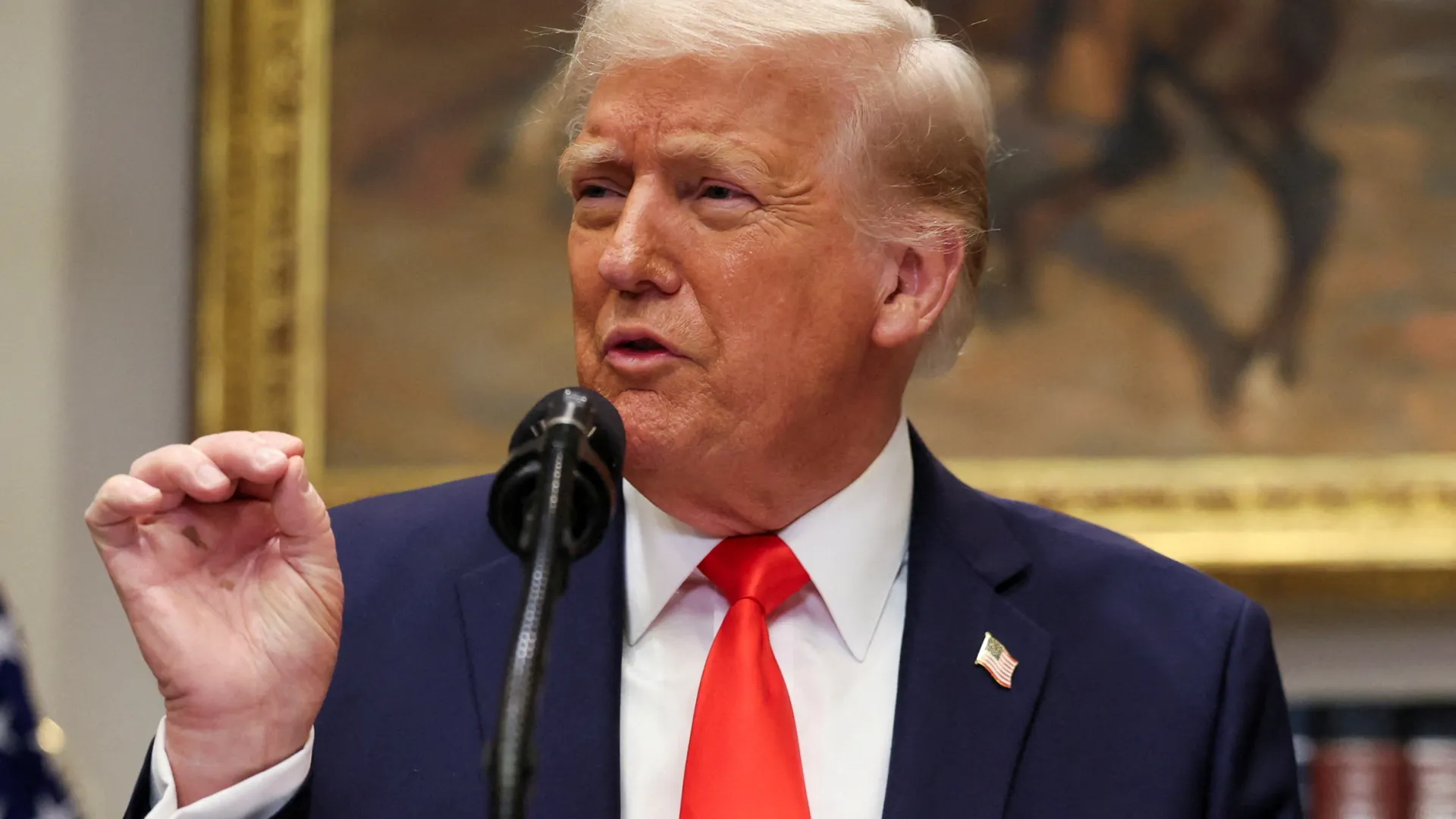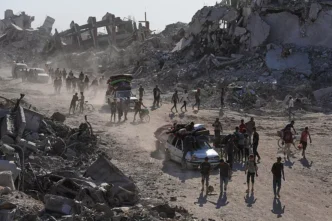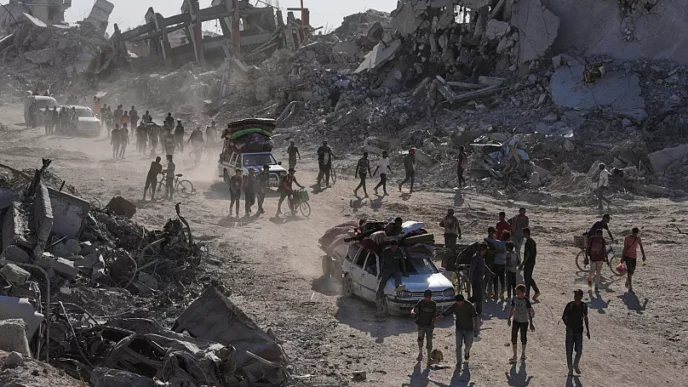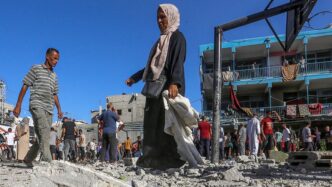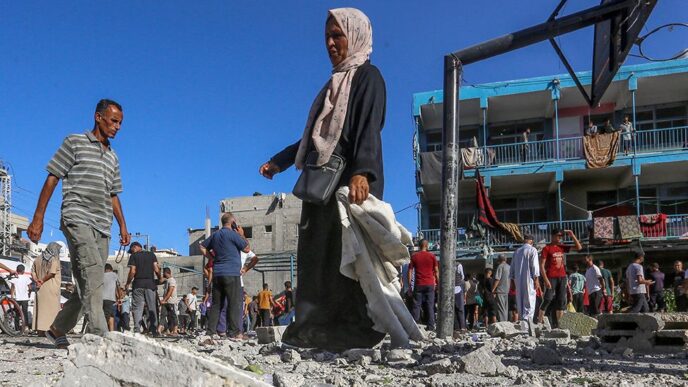In a decisive statement with major implications for the Middle East peace process, Palestinian Authority (PA) President Mahmoud Abbas declared that Hamas will not play any role in the governance of Gaza once the ongoing war concludes. Speaking in Ramallah on Tuesday, Abbas insisted that Gaza’s future must be tied to a unified Palestinian state under the leadership of the PA, not fragmented by armed factions.
📰 The Announcement
Abbas’s remarks come amid mounting speculation about how Gaza will be administered following the war between Israel and Hamas. As international leaders—from Washington to Brussels to Cairo—push for a long-term solution to the crisis, the question of who governs Gaza has become central to discussions.
“Gaza is part of the Palestinian homeland and cannot remain under the control of militias,” Abbas said. “After this war, Hamas will have no role in governing Gaza. Authority must return to the legitimate Palestinian state institutions.”
⚔️ Background: War and Its Fallout
The latest war erupted after Hamas’s October 7 attacks on Israel, which left thousands dead and triggered Israel’s military campaign against the group. The conflict has devastated Gaza, displacing millions and leaving its infrastructure in ruins.
For Abbas, the war presents both a challenge and an opportunity. The Palestinian Authority, headquartered in the West Bank, has been sidelined in Gaza since 2007, when Hamas seized control after winning elections and subsequently clashing with Fatah, Abbas’s party.
Now, with Hamas weakened militarily and under global scrutiny, Abbas is moving to reassert the PA’s relevance in determining Gaza’s future.
🌍 International Reactions
The United States has cautiously welcomed Abbas’s position, with U.S. Secretary of State Antony Blinken reiterating Washington’s support for a “revitalized Palestinian Authority” as the governing body in Gaza. European Union leaders echoed the sentiment, stressing that any long-term solution must involve democratic institutions rather than militant factions.
Israel, meanwhile, has remained skeptical. Prime Minister Benjamin Netanyahu’s government has repeatedly said it will not tolerate Hamas retaining any governing authority but has also expressed deep distrust in the PA’s ability to manage Gaza securely.
Regional players, including Egypt and Jordan, have been pushing for a transitional arrangement that restores PA authority in Gaza, backed by international guarantees and reconstruction aid.
🔎 Challenges Ahead
While Abbas’s statement signals clarity, the path forward is far from simple:
- Legitimacy Crisis: Abbas, now 87 years old, faces declining popularity and accusations of corruption and authoritarianism within the PA. His leadership is questioned by many Palestinians, especially younger generations.
- Hamas’s Residual Influence: Despite battlefield losses, Hamas still retains networks of supporters, fighters, and administrators in Gaza. Removing them from governance will be fraught with resistance.
- Israeli Policy: Israel’s long-term objectives for Gaza remain unclear, with some in the Israeli government advocating for indefinite security control rather than a swift transfer to the PA.
- Reconstruction: With Gaza’s infrastructure devastated, rebuilding efforts will require unprecedented coordination and billions of dollars in aid—a process that could determine who holds real power on the ground.
🔮 The Bigger Picture
Abbas’s declaration underscores a broader struggle over the future of Palestinian leadership. For years, Hamas and the PA have represented two competing visions: armed resistance versus diplomatic state-building. By ruling out Hamas from post-war governance, Abbas is betting that international backing for the PA will outweigh grassroots support for Hamas in Gaza.
Whether Palestinians themselves will embrace this vision, however, remains uncertain. For many in Gaza, reconstruction, humanitarian relief, and political legitimacy will matter more than pronouncements from Ramallah.


